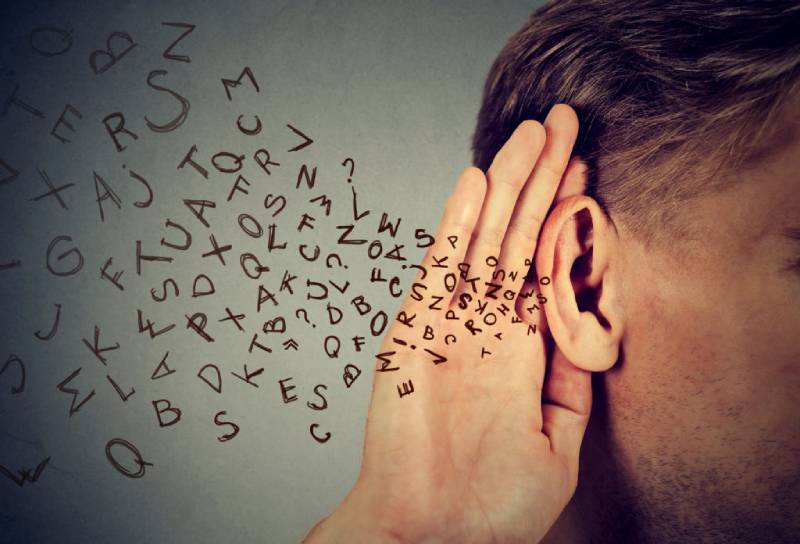
What is Auditory Processing Disorder NZ?
Auditory Processing Disorder (APD) in NZ affects how the brain interprets sounds, making it difficult to understand speech, especially in noisy environments. Many children and adults in New Zealand struggle with APD, experiencing challenges in learning, communication, and daily life.
Signs and Symptoms of Auditory Processing Disorder
Auditory Processing Disorder (APD) affects how the brain processes auditory information, despite normal hearing ability. One common sign is difficulty understanding speech, especially in noisy environments or when multiple people are speaking. Individuals with APD may frequently ask for repetition, mishear words, or have trouble following directions. This can affect academic performance in children, particularly with reading, spelling, and comprehension tasks. They may appear inattentive or distracted, even though the issue lies in how their brain interprets sound rather than a lack of attention.
Other symptoms include poor listening skills, trouble distinguishing between similar-sounding words, and difficulty locating the source of a sound. People with APD might struggle with learning songs, remembering verbal information, or understanding jokes and idioms. These challenges can lead to frustration, low self-esteem, or social withdrawal, particularly in group settings where listening is essential. Early identification and intervention are important to help manage the condition and support learning and communication.
How We Diagnose Auditory Processing Disorder in NZ
Diagnosing Auditory Processing Disorder (APD) involves a comprehensive evaluation process. We begin with a detailed assessment of the individual’s medical history, including any signs of hearing difficulties or developmental concerns. We then conduct specific auditory tests to measure how the brain processes sounds, such as speech-in-noise tests, frequency discrimination tasks, and auditory memory evaluations. The results help determine whether the person’s difficulties are due to APD or another condition. This process is typically tailored to children and adults to ensure accurate diagnosis and appropriate treatment plans.
APD is estimated to affect around 5% of the population. The good news is brains can be “rewired”!
Treatment Options for APD at Brain Recovery
Treatment options for Auditory Processing Disorder (APD) typically include auditory training programs, speech therapy, and environmental modifications. Auditory training helps improve the brain’s ability to process sounds more efficiently. Speech therapy focuses on enhancing communication skills. Additionally, strategies like minimising background noise, using visual cues, and employing specialised listening devices can support better auditory processing. In some cases, cognitive therapy may be used to enhance memory and attention. Each treatment plan is tailored to the individual’s needs, focusing on strengthening the brain’s auditory pathways to improve overall functioning.
Why Choose Brain Recovery NZ for APD Support
At Brain Recovery, we offer specialised support and therapy to help individuals with auditory processing disorder in NZ improve their listening and comprehension skills. Our evidence-based approaches assist in retraining the brain to process sounds more effectively. If you or your child experience difficulties with auditory processing, contact us today to explore assessment and treatment options in New Zealand.
Frequently Asked Questions about APD (Auditory Processing Disorder)
1. What is Auditory Processing Disorder (APD)?
Auditory Processing Disorder (APD) is a condition where the brain has difficulty processing sounds, even though the ears may be functioning normally. This can affect how someone understands spoken language, making it hard to process, remember, or respond to auditory information.
2. How is APD diagnosed in New Zealand?
APD is typically diagnosed by an audiologist or a speech-language therapist in New Zealand. The process involves a series of tests, including listening tasks and other evaluations, to assess how well the brain processes auditory information.
3. What are the symptoms of APD?
Common symptoms include difficulty understanding speech in noisy environments, frequently asking people to repeat themselves, trouble following multi-step directions, and problems with reading or spelling.
4. What causes APD?
The exact cause of APD isn’t always clear, but it may result from developmental issues, ear infections, head injuries, or genetic factors. In some cases, APD occurs alongside other conditions like ADHD or dyslexia.
5. Can APD be treated in New Zealand?
While there is no cure for APD, there are several treatment options available, such as auditory training programs, speech therapy, and strategies for improving listening skills. Some children and adults may benefit from assistive technologies, like FM systems or sound amplification devices.
6. Is APD common in New Zealand?
The prevalence of APD in New Zealand is not fully established, but it is known that many children and adults with the disorder go undiagnosed. Awareness and early diagnosis are key to getting the right help.
7. What support is available for individuals with APD?
Support options in New Zealand include audiologists, speech-language therapists, and specialised educational support. Schools may offer additional services or accommodations to help children with APD thrive in the classroom.
8. Can APD affect learning and school performance?
Yes, APD can significantly impact a child’s academic performance, especially in areas like reading, writing, and understanding instructions. Teachers and parents can work together to implement strategies that support the child’s learning.
9. Are there any organizations in New Zealand that support people with APD?
Yes, several organizations in New Zealand provide support and resources for people with APD, including the New Zealand Audiological Society and Speech-language Therapists Association of New Zealand (SLTANZ).
10. Can adults have APD?
Yes, APD is not limited to children. Adults can also be diagnosed with APD, and they may experience difficulties in work environments, social situations, and while participating in conversations.
